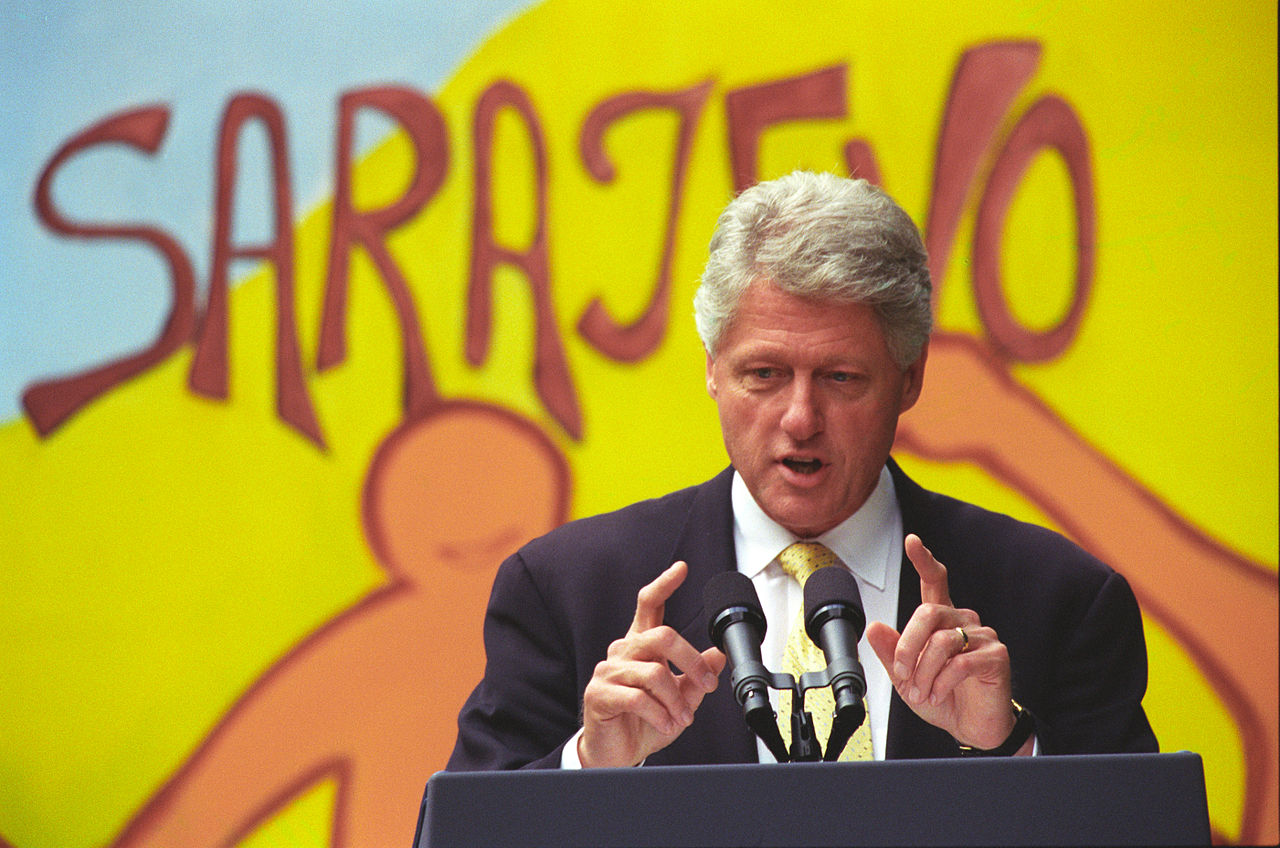Flashpoint Taiwan: A Turning Point for Cross Straits Relations
Flashpoint is “A place, event, or time at which trouble, such as violence or anger, flares up.” The current news cycle has focused on Beijing’s actions to control the South China Sea and North Korea’s continuing nuclear saga. While both issues have the potential to escalate, cross-strait relations between Beijing and Taipei could quickly go from dormant to flashpoint.
Political Shift: 2016 Election
For the past eight years, the issue of Taiwan’s status and relations with the mainland under the One-China policy has remained under the radar. Outgoing Taiwanese President Ma Ying-jeou, of the Kuomintang (KMT) party eased tensions by increasing economic interconnectivity and by assuring Beijing that independence was not being pursued.
These policies were challenged in 2014 when Taiwanese students took control of the legislature in protest of the Cross-Strait Service Trade Agreement, which would have further entrenched economic ties. The anti-mainland sentiment flared up again shortly before the 2016 election when a Taiwanese singer gave a televised apology for waving a Taiwanese flag on a Korean television program. With voter fatigue, student protests, and the global economic downturn, it was no surprise that the Democratic Progressive Party won majority control. The historically pro-independence DPP took control of both the presidency and the legislature under the leadership of Tsai Ing-we, a law graduate, professor, and former minister of Mainland Affairs Council.
Tsai, who will take power in May, has stated that she will maintain the status quo with regard to cross-strait relations, and has already ruffled feathers by stating her intention to expand Taiwan’s economic cooperation with other nations. This includes pursuing membership within the Trans-Pacific Partnership (TPP), a trade agreement of twelve pacific nations, which excludes and is designed to counter the growing influence of China.
While not expressly a move towards independence, Beijing would certainly be aware that Tsai’s plans to reduce Taiwan’s economic reliance on the mainland and join the TPP would be pushing Taiwan out of orbit of Beijing’s influence. At a time when the self-identification of Taiwan’s 23 million people has shifted dramatically from Chinese to Taiwanese, this could prove to be the end of One-China sentiment in Taiwan. Beijing‘s concerns over Taiwan’s political future are becoming increasingly reified.
Regional disputes adding kindling
The timing of Taiwan’s political shift further raises the stakes. In response to escalating regional disputes, governments have been developing their military presence. Most recently, these developments include China’s placement of anti-aircraft systems on one of its artificial islands between Vietnam and China in the South China Sea, the deployment of US Navy vessels through the contested waters, and the planned deployment of a missile defense system in South Korea. In the East China Sea, the row over the Diaoyu/Senkaku Islands between China and Japan, have so far led to China declaring an Air Defense Identification Zone and Japan to increasing its military capacity.
Taiwan’s proximity to the mainland and between the South and East China Seas makes its political disposition all the more important and precarious. The United States has ultimately been the guarantor of Taiwan’s existence, and it has operated within the confines of the One-China agreement made with Beijing that accepts Taiwan as part of China’s territory. Its ability to act as arbiter and protector is hampered by the potential costs or inability to repel China’s military power. Secondly, it becomes more difficult for Washington to justify standing as guard under the terms of the One-China if President Tsai moves Taiwan into agreements with countries seeking to counter China. A military takeover is not without precedence. Russia’s recent annexation of the Crimea proved that, while politically and economically costly, decisive unconventional military action was able to secure the strategic area.
Lessons from Crimea
The similarities and the effectiveness of Russia’s tactics are certainly a valuable model for Beijing as it draws up plans for a potential military solution for Taiwan. For example, Russia used the defence of ethnic Russians as a pretext for the movement of assets, including unmarked troops. Of the greatest interest to Beijing, however, may be the international community’s reaction to the annexation. While Ukraine does not belong to either NATO or the EU, it remains telling that Russia was able to hold Crimea. The eventual repercussions of economic and political sanctions may not be enough to deter Beijing from taking similar actions. Given Beijing’s determination to unify Taiwan as well as the untenable cost of repelling an invasion, current plans may not be adequate to deter a military solution if Crimea is taken as the model.
Despite attempts by Washington to play both the authority figure and a mediating diplomat, the likelihood for violent conflict over Taiwan will continue in tandem with the growing cultural gap with the mainland. As nations try to form a collective response to China’s rise, the pacific becomes increasingly entrenched. Taiwan is teetering on a fence; the moment it falls away from China, expect Beijing to make good on their threats of forced unification.




